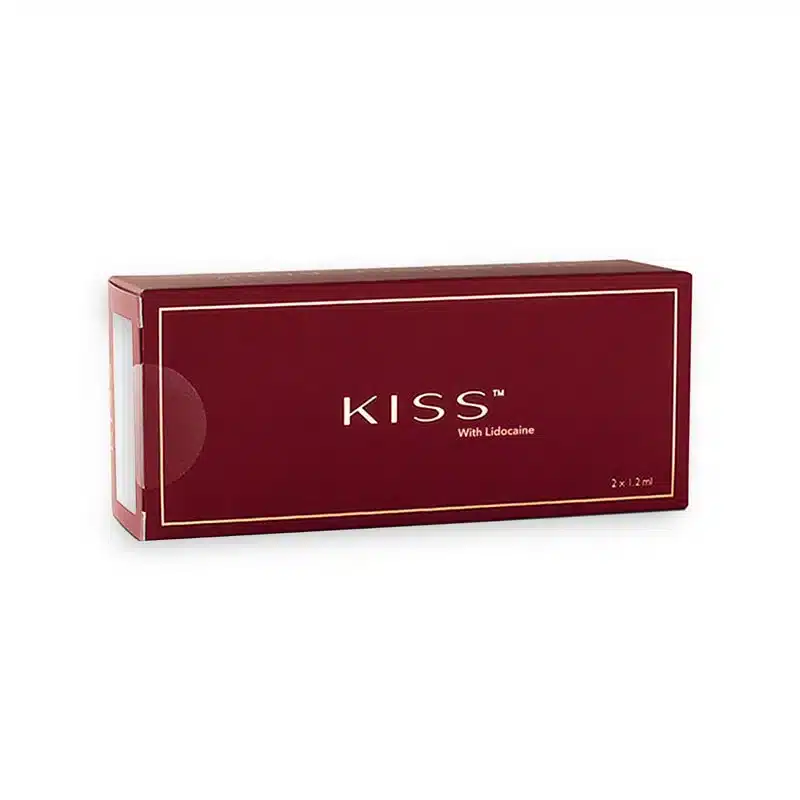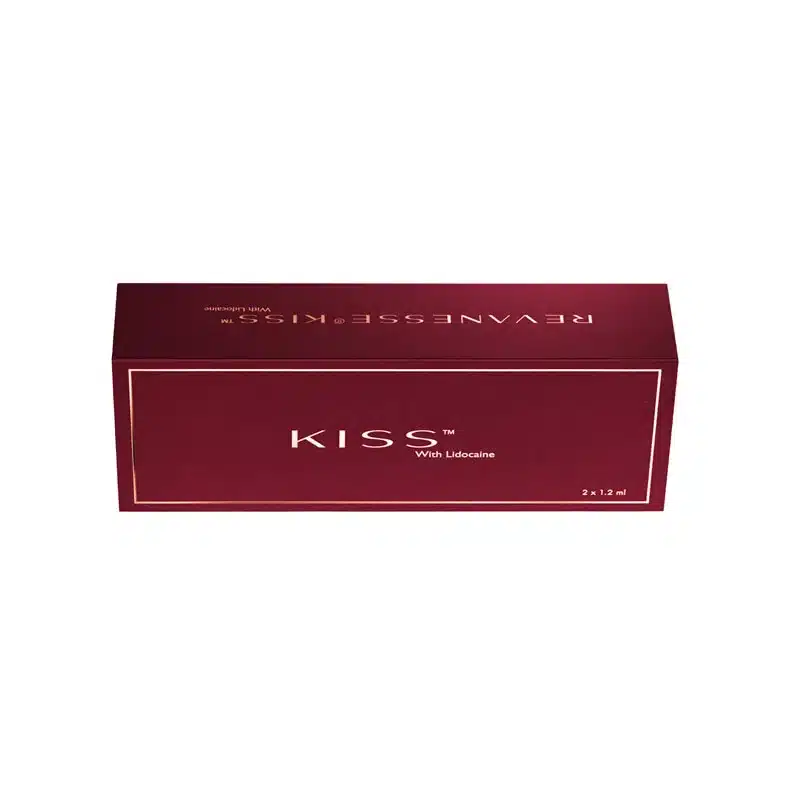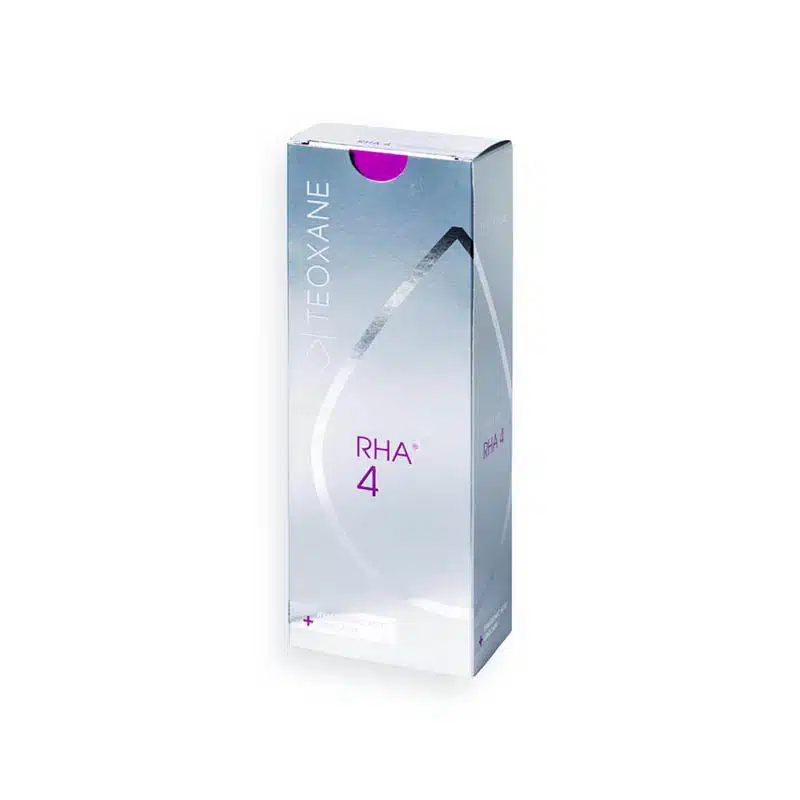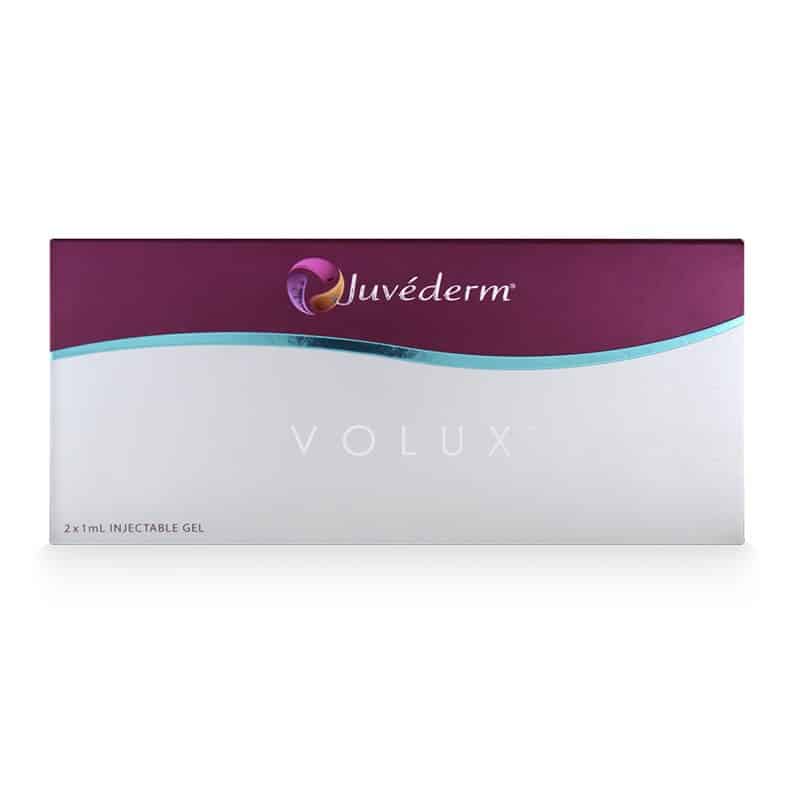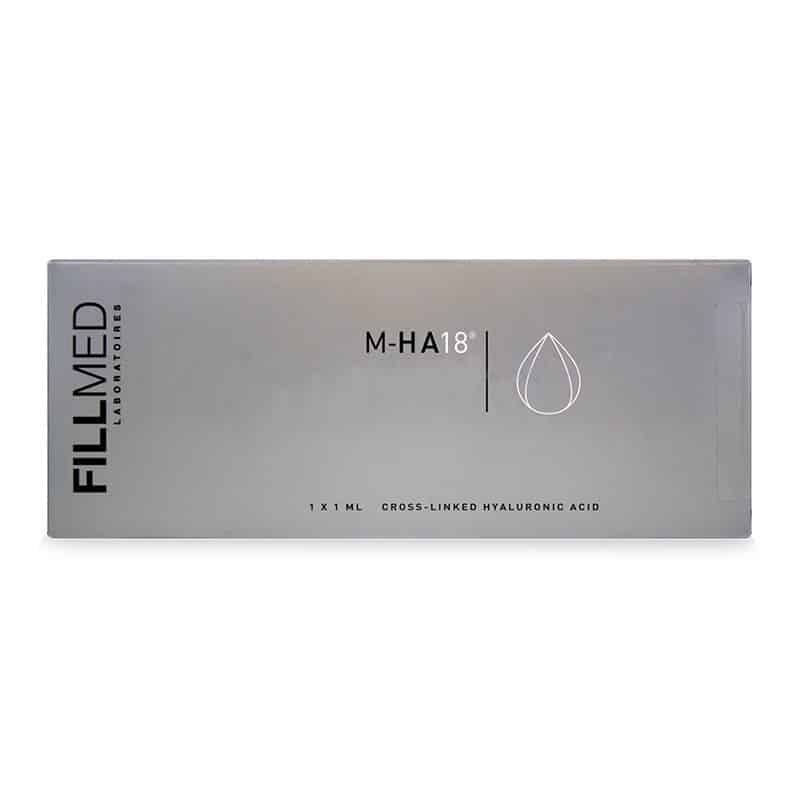Buy REVANESSE® KISS™ with Lidocaine Online
$215.00
Group Buy Price: $212
brand:
REVANESSE®
manufacturer:
Prollenium Medical Technologies Inc
active substances:
HYALURONIC ACID, LIDOCAINE
strength:
25mg HA, 3mg/ml Lidocaine
pack size:
2 x 1.2ml Pre-Filled Syringes, 4 x 30G 1⁄2" Needles
REVANESSE® KISS™ with Lidocaine Indications for Use
Revanesse® Kiss™ is a cross-linked hyaluronic acid gel designed for soft tissue augmentation. It is commonly used for facial contouring, lip augmentation, and wrinkle treatment. The gel provides temporary restoration of facial volume lost due to aging or specific conditions like lipoatrophy. It is particularly effective for treating facial rhytides (wrinkles), volume restoration, and lip contouring by injecting into soft tissue areas.
The product is intended for patients seeking non-surgical aesthetic enhancements such as lip augmentation or contouring, offering visible improvements for a period of 6-12 months, depending on the injection depth and area. Patients experiencing lipoatrophy, HIV-associated lipodystrophy, or those who wish to improve lip hydration and volume, are also prime candidates for this treatment.
REVANESSE® KISS™ with Lidocaine Dosage Information
Revanesse® Kiss™ comes in a pre-filled disposable syringe, with each box containing two 1.2ml syringes of gel. The product is administered via a sterile 27G needle. For effective results, it is crucial that the injections are administered slowly using minimal pressure to avoid unnecessary complications.
Before injection, the product should be brought to room temperature for about 30 minutes. It is important that only trained healthcare professionals perform the injections to minimize risks. Correct injection technique is key for achieving optimal results, and a small drop of gel should be visible at the needle tip before injection. Any sign of blanching or whitening of the skin during injection should be addressed by stopping the injection and massaging the area until the skin color normalizes.
REVANESSE® KISS™ with Lidocaine Side Effects and Precautions
Patients should be informed about possible adverse effects of Revanesse® Kiss™. Some common side effects include:
- Transient erythema (redness)
- Swelling, pain, itching, or tenderness at the injection site
- Discoloration or nodules at the injection site
These reactions are generally mild and may last for up to a week. Other, rarer side effects, such as glabellar necrosis, abscess formation, and granulomas, have been reported in connection with hyaluronic acid fillers, making it essential for physicians to consider these risks.
Patients should be made aware of hypersensitivity reactions, which have been observed in fewer than one in 1500 treatments. These include prolonged erythema, swelling, and induration, with onset shortly after the injection or delayed for 2-4 weeks. Most hypersensitivity reactions are self-limiting and resolve within two weeks, but any persistent reactions should be reported to a physician immediately.
REVANESSE® KISS™ with Lidocaine Clinical Studies and Real-World Outcomes
Real-world outcomes of Revanesse® Kiss™ show that it effectively addresses facial volume loss, enhances lip contours, and provides long-lasting results for up to a year. Patients typically experience visible improvement shortly after treatment, with ongoing results due to the gradual degradation of the hyaluronic acid in the body.
Physicians have reported high patient satisfaction, particularly for lip augmentation, as Revanesse® Kiss™ provides natural-looking results with minimal downtime. However, it is critical to have appropriate post-injection care, including avoiding touching the treated area for 12 hours and avoiding UV exposure until the initial swelling subsides.
REVANESSE® KISS™ with Lidocaine Drug Interactions
As with other hyaluronic acid fillers, there are certain contraindications for Revanesse® Kiss™:
- Patients with known allergies to lidocaine or any components of the filler should not be treated.
- It should not be used in patients with a history of multiple severe allergies or autoimmune disorders.
- Pregnant or breastfeeding women should avoid this treatment.
- The product must not be injected into areas containing other dermal fillers or permanent implants.
Revanesse® Kiss™ should not come into contact with quaternary ammonium salts such as benzalkonium chloride, as these substances are known to be incompatible with hyaluronic acid products.
REVANESSE® KISS™ with Lidocaine Administration and Precautions
Revanesse® Kiss™ should only be administered by qualified physicians who are trained in facial anatomy and dermal filler techniques. Before the injection, the area should be thoroughly disinfected. Physicians must be vigilant for signs of intravascular injection, as this can lead to serious complications such as embolization, ischemia, or infarction.
Patients should avoid touching the treated area and limit exposure to UV light or extreme temperatures. Those with a history of cold sores should be informed that needle punctures could trigger an outbreak.
To reduce the risk of bruising, patients should avoid aspirin, non-steroidal anti-inflammatory drugs, and high doses of vitamin E before treatment.
